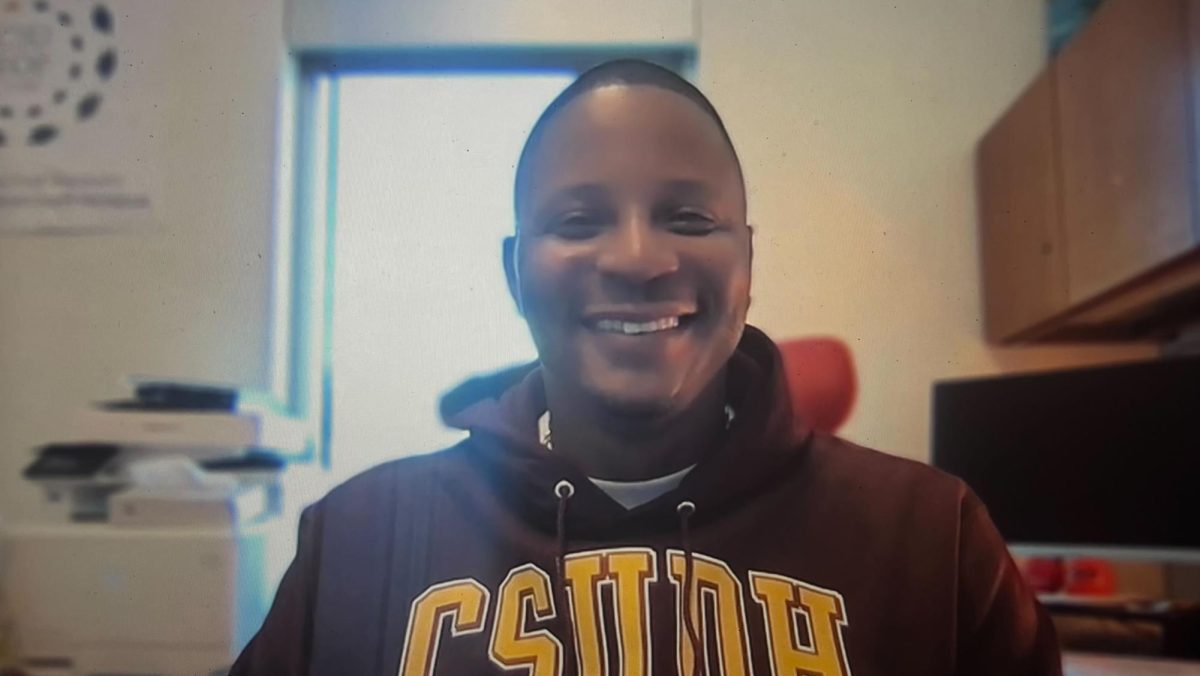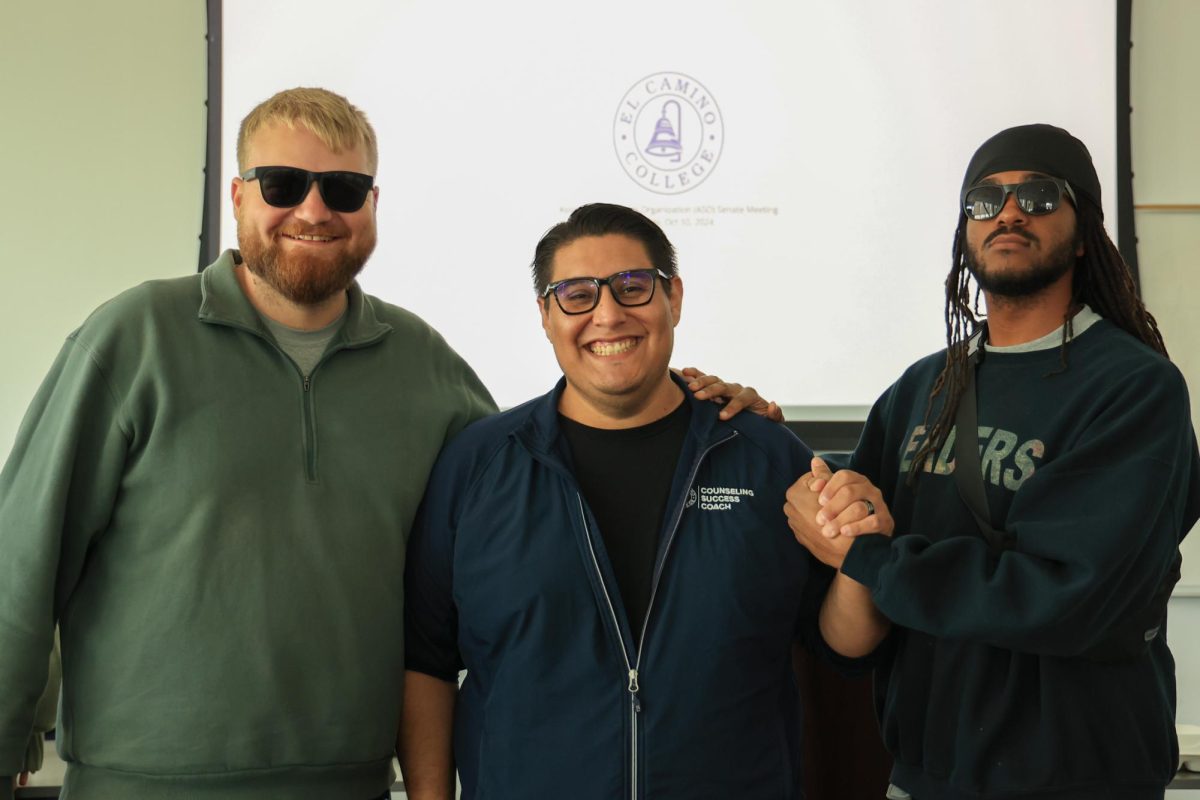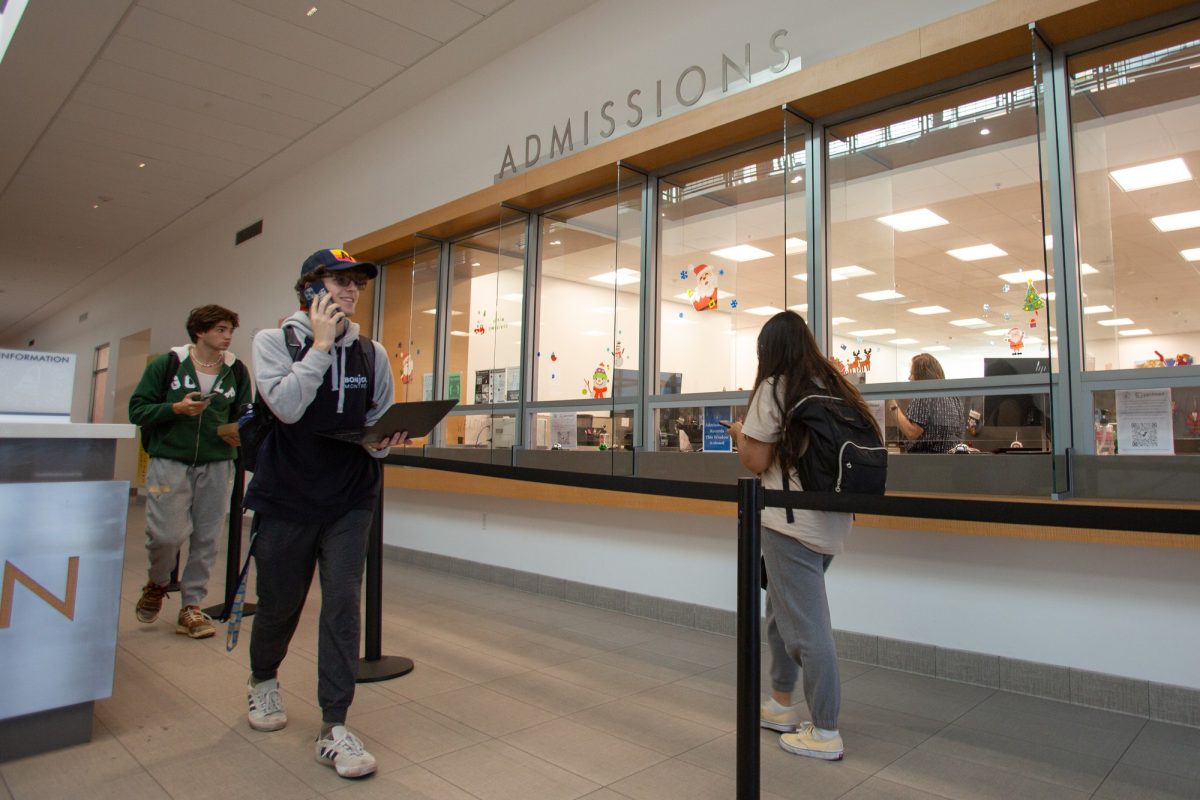Nursing students who are experiencing economic hardships can be eligible to receive up to $15,000 each in federal grants, college official said.
Katie Gleason, executive director of EC Foundation, said that students in the nursing program could qualify for the Health Resources and Services Administration (HRSA) grant if they meet all the guidelines for it.
“The grant EC received is an award of $650,000 a year for four years and is for students in the medical and allied health field,” Gleason said. “It is for those who are disadvantaged economically and environmentally,” Gleason said. “This is not only based on their income levels but also on where they live. At EC, they must also be enrolled in the nursing program and are making progress in their studies. The grant is also available for nursing students of the EC Compton Center.”
Gleason said that nursing students would automatically receive a letter about this grant once they are enrolled in the program. The letter will inform the students on what information will be required from so that the foundation can see if they qualify for it or not.
“We identified our nursing program as the program that we are looking for support for,” Gleason said. “The EC nursing program is for four semesters. In the third semester the coursework gets incredibly intense. Many of the students have to work,” Gleason said.
Gleason said that to work while trying to manage that academic workload is very difficult so the nursing department has a high attrition in the third semester.
Theresa Kyle, director of Nursing, said that a lot of their students struggle because the program has a very difficult schedule and that they have a lot more in-class and hospital time than regular full-time students have.
“They already have two whole days in the hospital (for clinical),” Kyle said. “Then one to two more days of lecture.”
Chandra Richardson, 43, nursing major, said that her clinical could take so much of her time that the nursing department recommended that she does not work while in the program.
“I go to my clinical two days a week with eight hours each day, but then with that I also have to add four hours of clinical-related paperwork each week,” Richardson said.
“In clinical, we have to look up the patients’ every single medicine, some of the patients can have as many as 21 medicines. We have to research each medicine. We also have to write a care plan for each patient. We have to do so much paperwork just for clinical. Then we still need a lot of time to study. We have a lot of readings, a lot of paperwork,” Richardson said.
She added that, despite having about six hours a week of worth of lecture, she also go to optional classes that can help her practice and improve her skills in the field.








